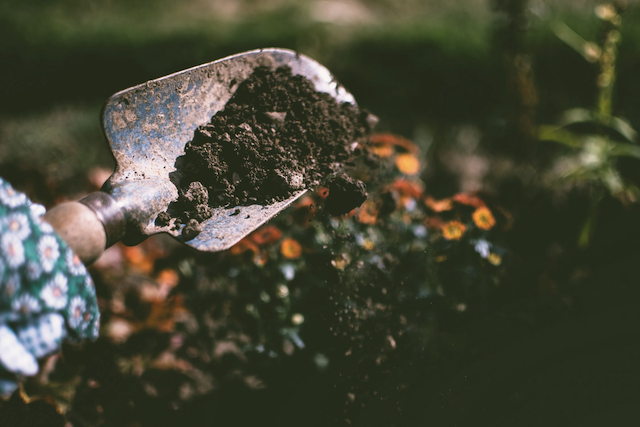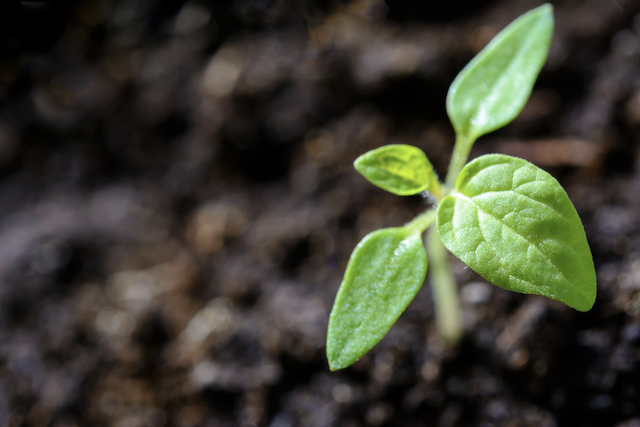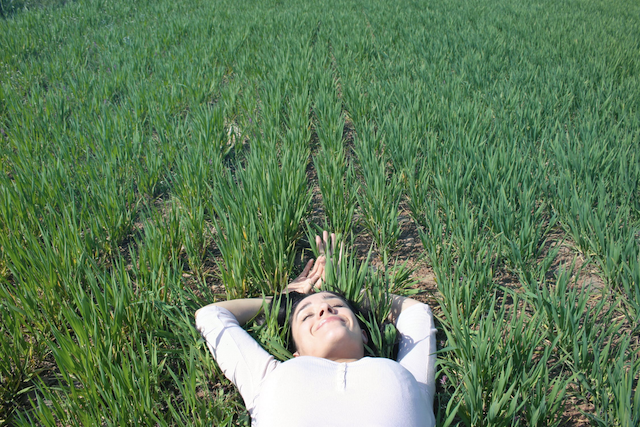You’ve may already understand that chemical fertilizers are harmful in the long run for the soil. But you may ask yourself what is an alternative because the ground needs some extra juicing to enforce plant growth. We want to promote a different solution that supports sustainable gardening –natural fertilizer.
Description: Basically, a natural form of fertilizer would be everything consisted of natural ingredients without any chemicals added. We explain how to make natural fertilizer, and you will see that it is effortless to do it. When you find an adequate one, you going to do it frequently with a lot of love.

Making natural fertilizer can be both fun and creative. For example, with best hedge trimmer you can do 2 in 1, decorate garden hedge and collect leaves for compost. The good thing with natural fertilizer is that you can’t harm the plant if you add too much, it can only benefit from it. So let’s move to 10 most interesting ideas and recipes for natural fertilizers.
Green Tea Natural Fertilizer
What do you do with tea bags after drinking your tea? Don’t put them in the garbage! You can recycle it, and your garden will benefit from that if you are drinking green tea that is widely known as an antioxidant. Green tea is good for the soil because it oxygenates it and helps root growth. You can put leaves in the ground or brewed water after it is cold. Another easy solution is to collect tea bags from green tea and dry them. After just cut them and spread the dry traces of leaves into the soil. Tea leaves contain nitrogen, potassium, and phosphorus, the three most valuable elements for the ground.
Coffee Grounds
If you are drinking espresso coffee, you can put leftovers in compost or directly into the soil. The coffee grounds are a source of nitrogen. The most important thing about coffee grounds as fertilizer is that it releases nitrogen in time. Therefore, for the best results, you should put it in early spring.
Eggshells
Eggshells are rich in calcium, which is a necessary mineral for cell formation. Also, phosphorus, magnesium, and sodium are present in traces. You can crush eggshells and add them directly into the ground. Another option is to soak ten eggshells into the water overnight. Use it once a week.
Rice Water
After boiling the rice, you can use that water for your plants. Rise water is a mild natural fertilizer, and it has NPK in traces. Use only organic rice and wash it carefully before cooking.

Wood Ash
If you have a fireplace in your house, you can use wood ash as a natural fertilizer. It is alkaline, and during frequent use, it can slightly change the PH value of your soil. Just be aware that you shouldn’t put it close to berries because they need acidic surroundings.
Carrots
Carrot is rich in potassium and minerals, and you can easily make a natural fertilizer from carrots. Cut carrot in small pieces, put it in the dish and add 1 liter of water. Leave it in water for one day and after strain the liquid.
Onion Peels
Put one handful of onion peels in bottle add 1 liter of water, and after one day, you should strain the liquid. This natural fertilizer from onion peels is perfect for preventing parasites and root strengthening.
Grass Clippings
After doing your lawn, you can use grass clippings as a natural fertilizer. The easiest way to do it is to put it in water. Make it compact with brick on top. After two days, you can use this water as a liquid natural fertilizer.
Banana Peels
Bananas are full of potassium, magnesium, and other minerals. Blend banana peels in with water and then strain the liquid. It’s an excellent natural fertilizer for house plants as potassium enhances flourishing.
Seaweed
Seaweed is full of minerals, and it’s equally suitable for human health and soil. So yes, you can use it as a natural fertilizer. You can put directly into compost or take the liquid extract. It’s the best natural fertilizer for grass but also very efficient for any other plant.

Conclusion: We hope that we encouraged you to start with natural fertilizers. Whoever tried it got back the tastiness of natural fruits. If you know receipts for natural fertilizers, please spread the word about your favorite one. We appreciate your effort.
Author’s bio: Susan Davis is a biologist and activist for sustainable gardening. Writing about organic gardening becomes her passion ten years ago when she started to practice permaculture. Susan is a dedicated lobbyist for the green economy. In free time she enjoys recreational running with family and loyal furry friend golden retrievers Bonnie.
